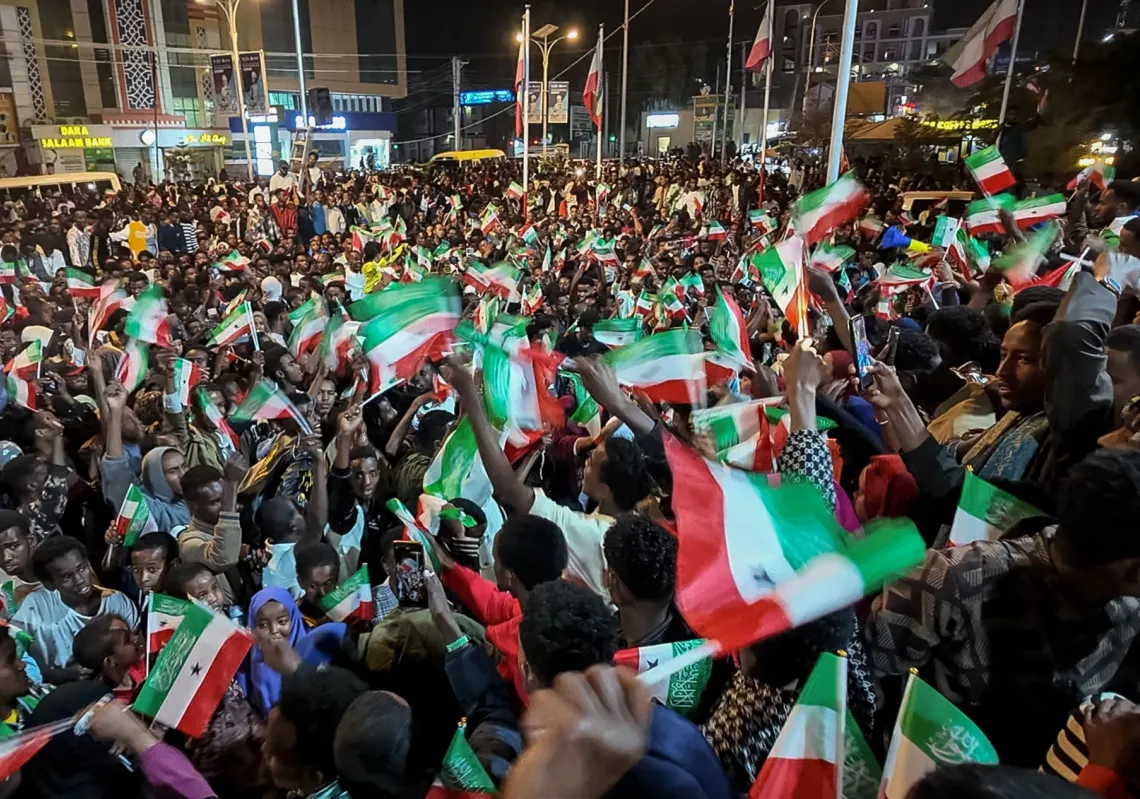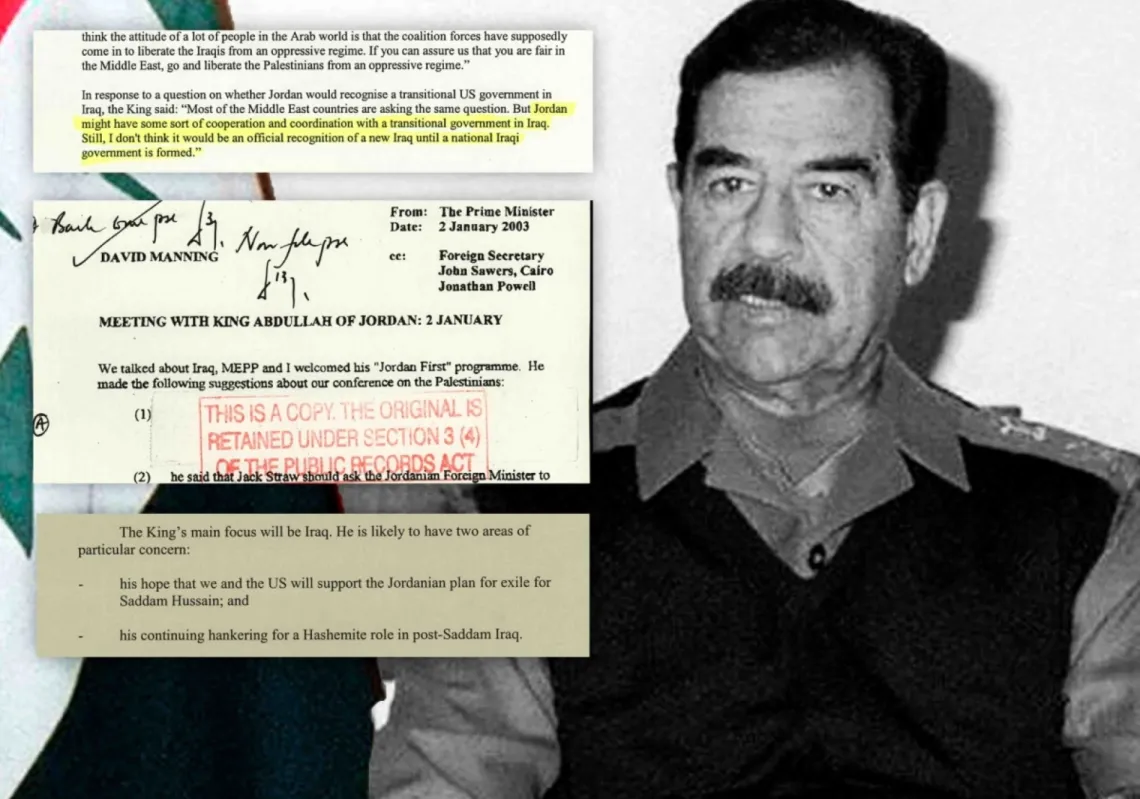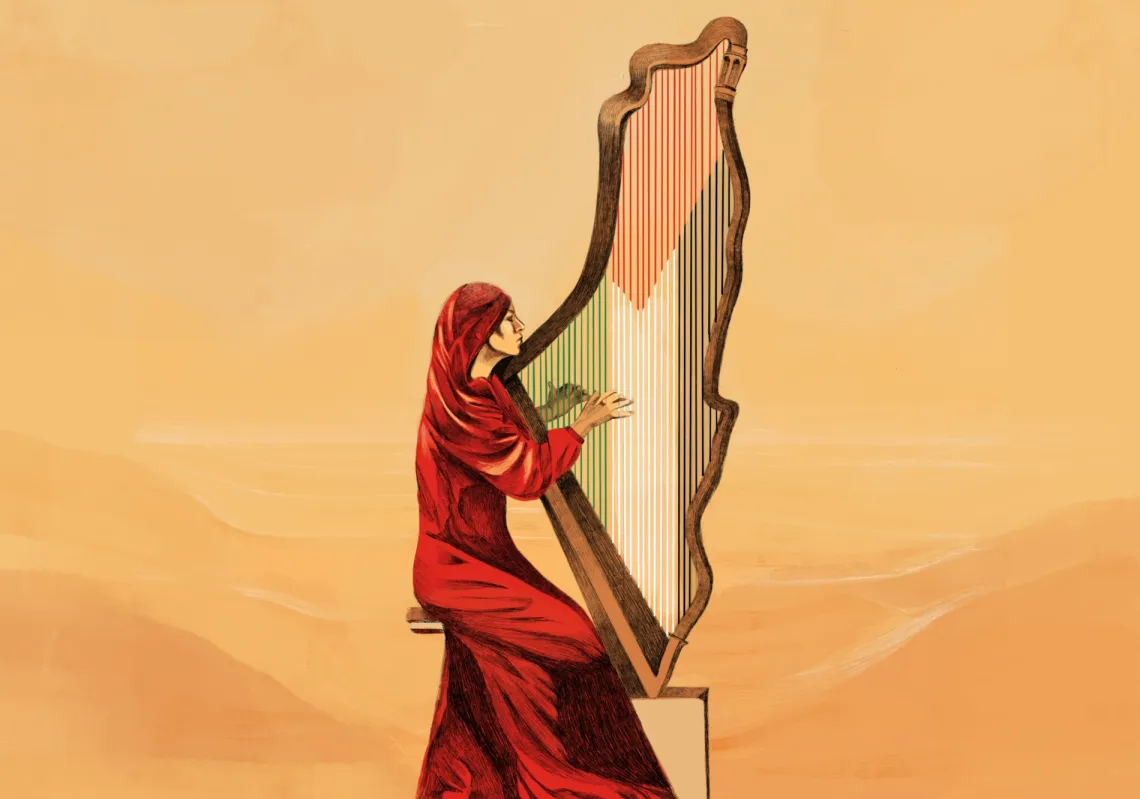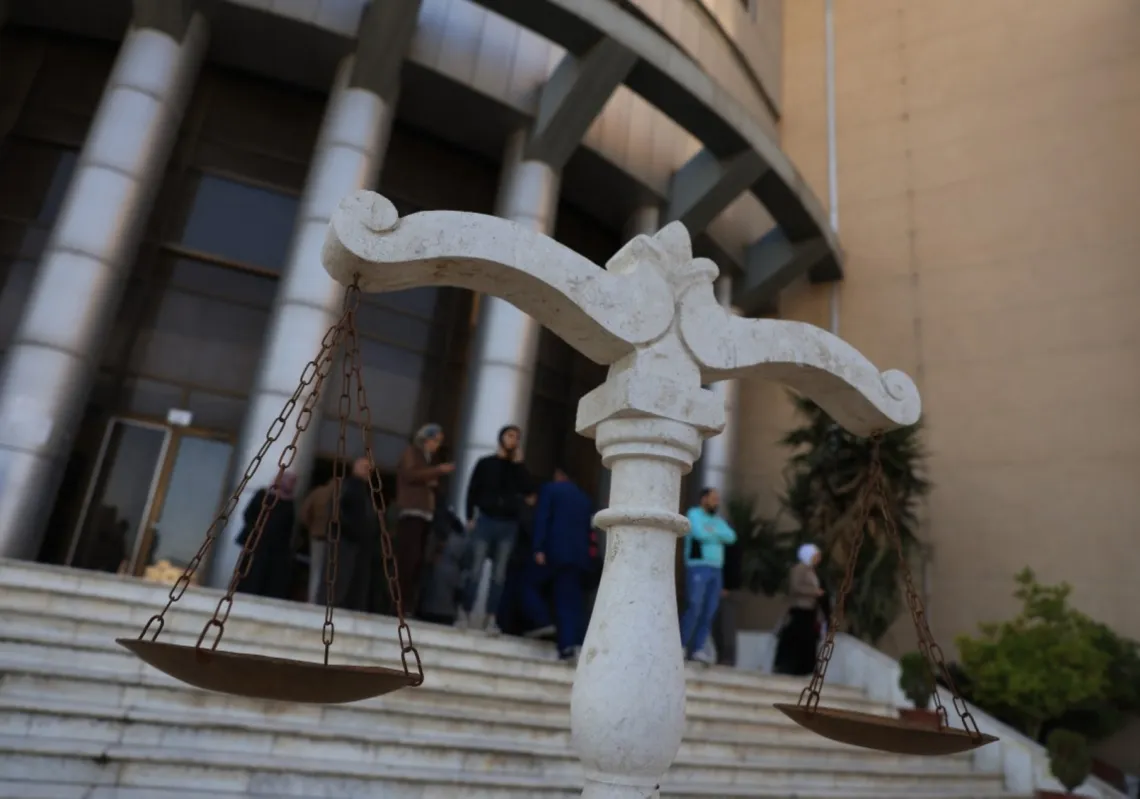 [/caption]
[/caption]
Covering the aftermath of the Egyptian uprising (we should be reluctant to use the word ‘revolution’ until some heads begin to roll), every now and then I would ask a blindingly obvious question.
Imagine yourself as Field Marshall Mohamed Hussein Tantawi, head of Egypt’s ruling military council and de facto leader of the country.
If you were in his position - head of a military elite which for three decades or more has enjoyed unfettered power and privilege under the rule of Hosni Mubarak and his predecessors - would you give it all up for an election?
On the occasions I would put this question to one or more of Egypt’s leading activists and politicians, the answer was invariably yes.
Strange, I used to think, seeing as the answer as far as I could tell was a resoundingly clear-cut no. “You want my lucrative land holdings for a liberal democracy? Tell that to my Kalashnikov.”
Or so I can imagine the all-powerful Field Marshall saying.
But now it seems some of the activists who were initially so accommodating towards the ruling military council are also beginning to have their doubts.
Take Shady al-Ghazaly Harb. He is a leading member of the 25 January Youth Coalition, an influential Egyptian activist group comprised of key figures behind the uprising.
He said demonstrators had been “naive” to assume that the ruling military council would happily oversee the transition to a democratic Egypt. “It’s not going to happen”, he added.
Al-Ghazaly said that Friday night’s attack on Israel’s embassy in Cairo, when three people were killed after demonstrators knocked down a perimeter wall and broke into the building, revealed the military’s true intent.
“It was pre-planned by the military,” he claimed, saying that Egypt’s ruling generals allowed the attack to happen in order to justify further acquisitions of power.
His view was backed up by Ramy el-Swissy, one of the founding members of the April 6 Youth Movement, another key activist organisation. “The attack was just a hoax in order to make problems between the people and the army,” he said.
There is no evidence to support the claims of military acquiescence in the embassy attacks, and plenty of other politicians and analysts have supported the army’s right to ensure that the post-Mubarak phase doesn’t fall prey to chaos.
Yet the mistrust between activists and the generals is now greater than ever before. Al-Ghazaly said members of the 25 January Youth Coalition, who count among them so many leading lights of the pro-democracy movement, are now “confused” and do not know where to turn.
With parliamentary elections scheduled for November, they will have to figure out their direction quickly.









